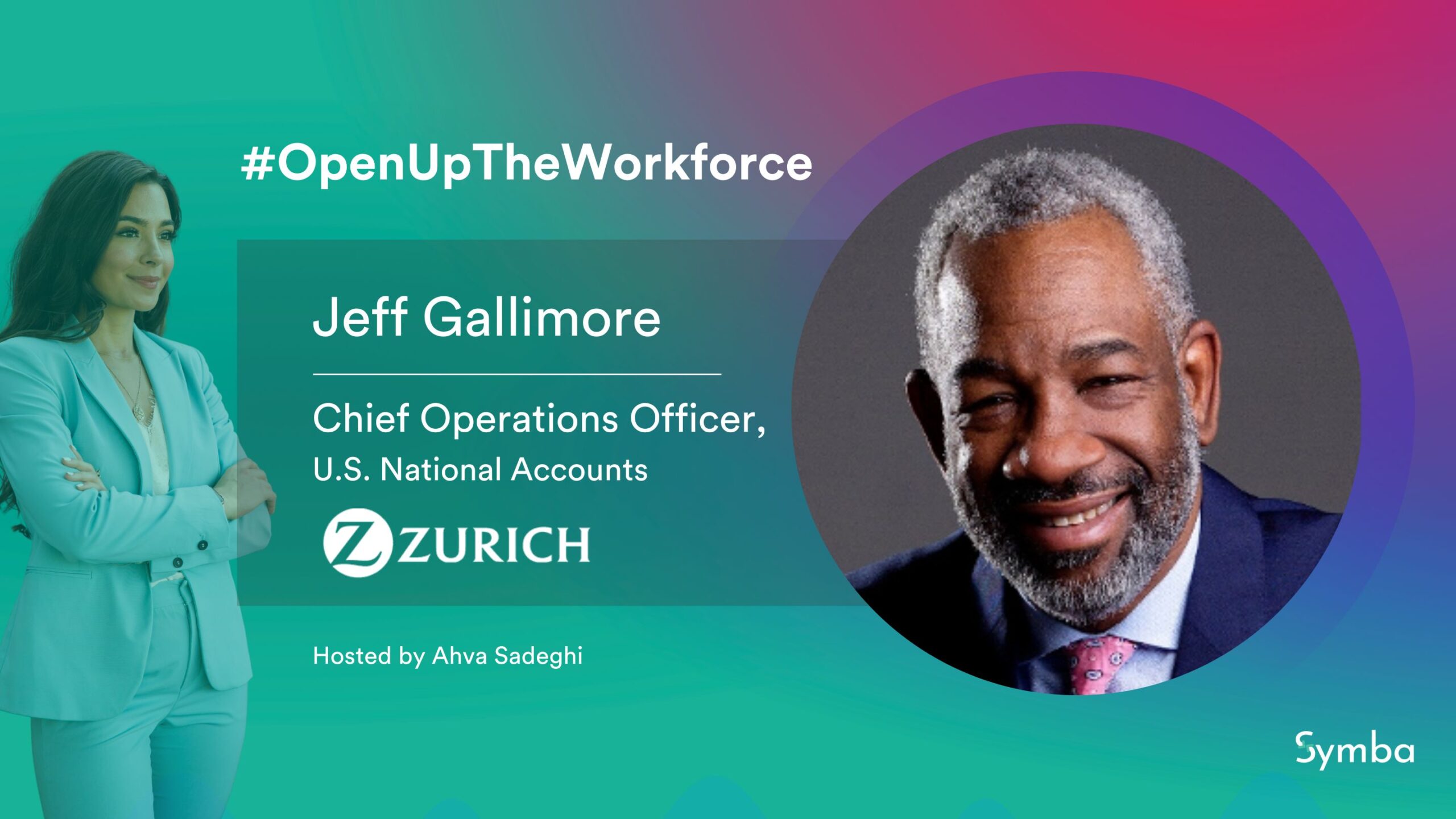Conventional recruitment and hiring practices can negatively impact neurodivergent candidates’ ability to get hired as well as your company’s ability to attract such talent. In order to attract and retain neurodivergent talent, you need to encourage your organization to adopt a style of management that emphasizes placing each person in a context that maximizes their contributions. Here are a few takeaways from our recent fireside chat on ‘Building an inclusive internship program for neurodivergent talent” featuring Amanda Zorzi, Inclusion Strategist at Neurodiversity in the Workplace:
1. Introduce neurodivergent interns to ERGs:
To show your company’s commitment to neurodiversity, introduce all interns to any neurodiversity Employee Resource Groups (ERG) within the company that support self or formally diagnosed neurodivergent employees. If there is no existing community group for neurodivergent employees at your company, start by putting out internal communications to form an initial group and encourage neurodivergent leadership within it.
2. Be open to workplace accommodations:
Neurodivergent interns may desire workplace accommodations that help them do their jobs such as work stations with less light, noise-cancellation cabins, etc. Giving neurodivergent interns the option to work from home can be beneficial as it allows them to set up their work stations based on their preferences. For interns on the autism spectrum, working at home away from harsh lights and the chitchat of an office can be a welcome sensory break. Remote work also creates the opportunity for neurodivergent employees to turn cameras on and off during meetings, to be comfortable able to walk or fidget while conversing, and much more. As an employer, it might be good to question your company’s standards for professionalism and work etiquette, and consider letting go of certain expectations that do not add or detract from the work getting done.
3. Give feedback in multiple ways:
Some interns may prefer listening to feedback rather than reading. Encourage intern managers in your company to give feedback in multiple ways. For example: managers can send neurodivergent interns written feedback through email or Slack and also a video recording of the feedback so those who prefer listening to the feedback have that option.
4. Make interviews straightforward:
Ask direct questions as some candidates may respond better to questions related to experiences they have actually had, rather than situations that are more behavioral and abstract. A neurodivergent intern candidate may interpret your word choice literally, so avoid the use of potentially confusing language such as idioms, metaphors or hyperbole. Additionally, it might be helpful to provide interview questions ahead of time so that candidates can come prepared to put their best foot forward.
5. Conduct skill-based hiring assessments:
Traditional interviews have a lot of biases built into them which test skills and personality traits that might not even be necessary to perform the job that the candidate is being hired for. Leverage skills-based methods such as cognitive assessments (similar to technical skills assessments for IT positions) to specifically test the neurodivergent intern candidate’s skills required in that particular role. Asking for previous work samples can also be another way to evaluate neurodivergent candidates.
“Options = accessibility” - Amanda Zorzi. There will never be a one-size-fits-all approach to accommodate neurodiversity in the workplace. Every employee has different needs and should be treated accordingly. Giving neurodivergent interns the options of working remotely, receiving feedback in their preferred way of communication, or joining ERGs are some ways in which workplaces can be made more accessible and inclusive for neurodivergent interns. For more such takeaways on how to accommodate neurodivergent talent in your internship program, watch the entire fireside chat here.





